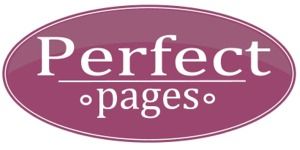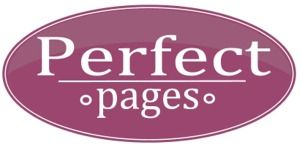A few months ago I travelled to South-East Queensland’s Gold Coast to address the Gold Coast Writers’ monthly meeting. I’d chosen my topic Know the rules so you can break the rules, searched out examples to illustrate to my points, completed my notes and slides …
But then it hit me!
I was going to talk to real, live writers: face to face, no hiding behind a computer or a telephone! Now that was just plain scary!! (Excuse the exclamation marks – I usually advocate minimum use of such powerful punctuation – but I was really, really nervous.)
Why was I in such fear and trembling?
Most of my work as an editor happens in my office, just me and my computer. Even communication with authors is mostly by email, especially when I’m subcontracting. Occasionally I meet with or phone a writer, but it’s mostly solo work.
I’m sure my nervousness was quite obvious to the audience, but by focusing on what I was saying and some friendly and encouraging faces (thank you, Pam), I soon got into my stride. I spoke about how creative writers can deliberately break the rules of grammar to great effect, but understanding the theory is essential.
After I’d spoken, the questions started. I’d prepared further explanations and examples for question time, but I was surprised and delighted when all the questions were about the editing process. These talented people recognised that editing differs from writing, and to some extent, was a bit of an unknown.
So what topics were raised?
What should I expect from an editor?
How do I know I’m getting value for money from my editor?
What reference books should I use to help with grammar and punctuation?*
How do editors decide how much I pay?
But the topic that prompted a lively discussion revolved around the use of Australian English. Some wondered if it really mattered, while others spoke passionately about their pride in being an Australian writer and in our unique language.
Our Australian spelling and punctuation set us apart from other versions of English, and the time of cringing at everything ‘Aussie’ is long past. We did agree that sometimes we need to comply with the requirements for submissions to international journals and publications.
But Australian authors use Australian English.
I trust that you, too, embrace our pride in our way of doing things – or the way things are done in your country.
BTW, what were the rules I talked about?
Misplaced phrases or words can be misleading, embarrassing or humorous. (Born two weeks ago, zookeepers feared Shuffles would not survive such a difficult start to life.)
Collective nouns are singular. (A pod of dolphins is swimming along the coastline.)
Pleonasms (tautologies) can be distracting. (new innovations, past history, future plans)
Not sure about those rules? Leave a question or comment and I’ll help you understand them, or go across to Perfect Pages to find out how I can give you the confidence that your writing is crisp, clear and sharp.
* For Australian writers, I recommend an Australian dictionary (such as Macquarie, Oxford Australian, Collins Australian), and Style Manual for authors, editors and printers, 6th edition, revised by Snooks & Co, John Wiley & Sons Australia, Ltd, 2002.

sharpening your writing


One thought on “Meeting writers”